The Hundred Year Bodhi Endless Vows | The Legendary Life of Contemporary Buddhist Master Benhuan
- Dec 24, 2024
- 9 min read
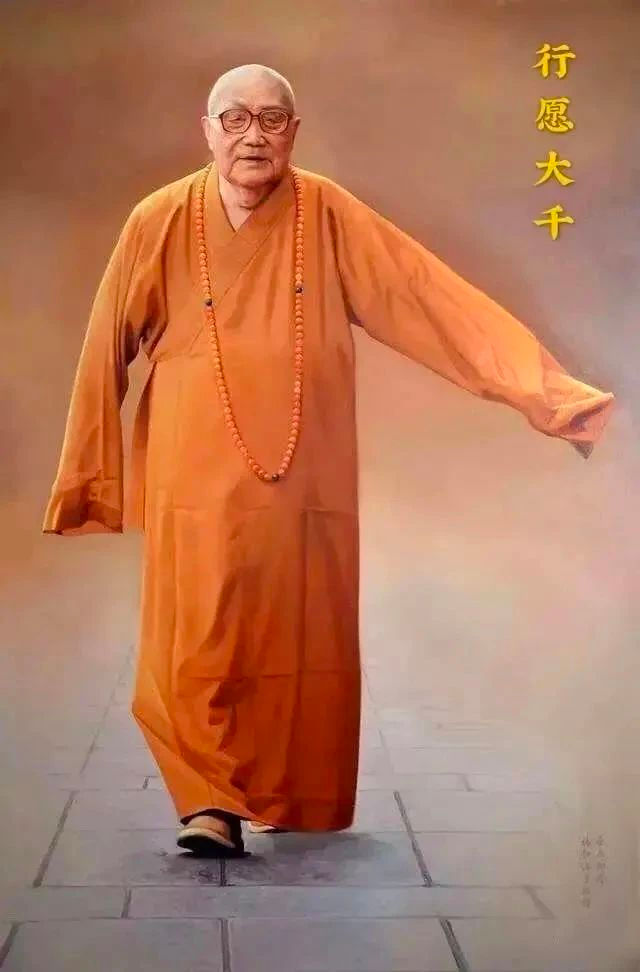
His deeds have been praised countless times:
One year, three steps and one worship, kowtow 200000 yuan, and make a pilgrimage to Mount Wutai; Six months, using blood as ink, copying scriptures, nineteen volumes; Over the past few decades, Buddhism has been revitalized and more than 20 temples have been rebuilt; In order to protect the Jingta, he moved from Mount Wutai to Shanghai; To express gratitude for my mother's kindness, I lit a lamp to send her off. On the 49th day of observing filial piety, I made a great wish to spread the Dharma and benefit my life; To save the anti Japanese heroes and engage in wise maneuvering with the Japanese army, we set off a thousand torches for the fallen soldiers; With compassion, we have raised millions of dollars to assist disaster stricken areas, built schools and hospitals, built bridges and paved roads
He is the contemporary Buddhist master, Master Benhuan. The elder's lifelong aspiration is "not to seek happiness for oneself, but to hope that all sentient beings will be free from suffering". Throughout his life, he travels to the north and south, revives the ancestral temple, promotes Zen Buddhism, and saves all sentient beings.
Today, the power of this faith and the exemplary spirit are invaluable, as they unite us sincerely, offer compassion to the world, never slack off, and forge ahead in our struggle. Let us reminisce about the spirit of a generation of eminent monks who gave alms to the world through the life of the old monk.
01
Worship sincerely, moving the heavens and earth
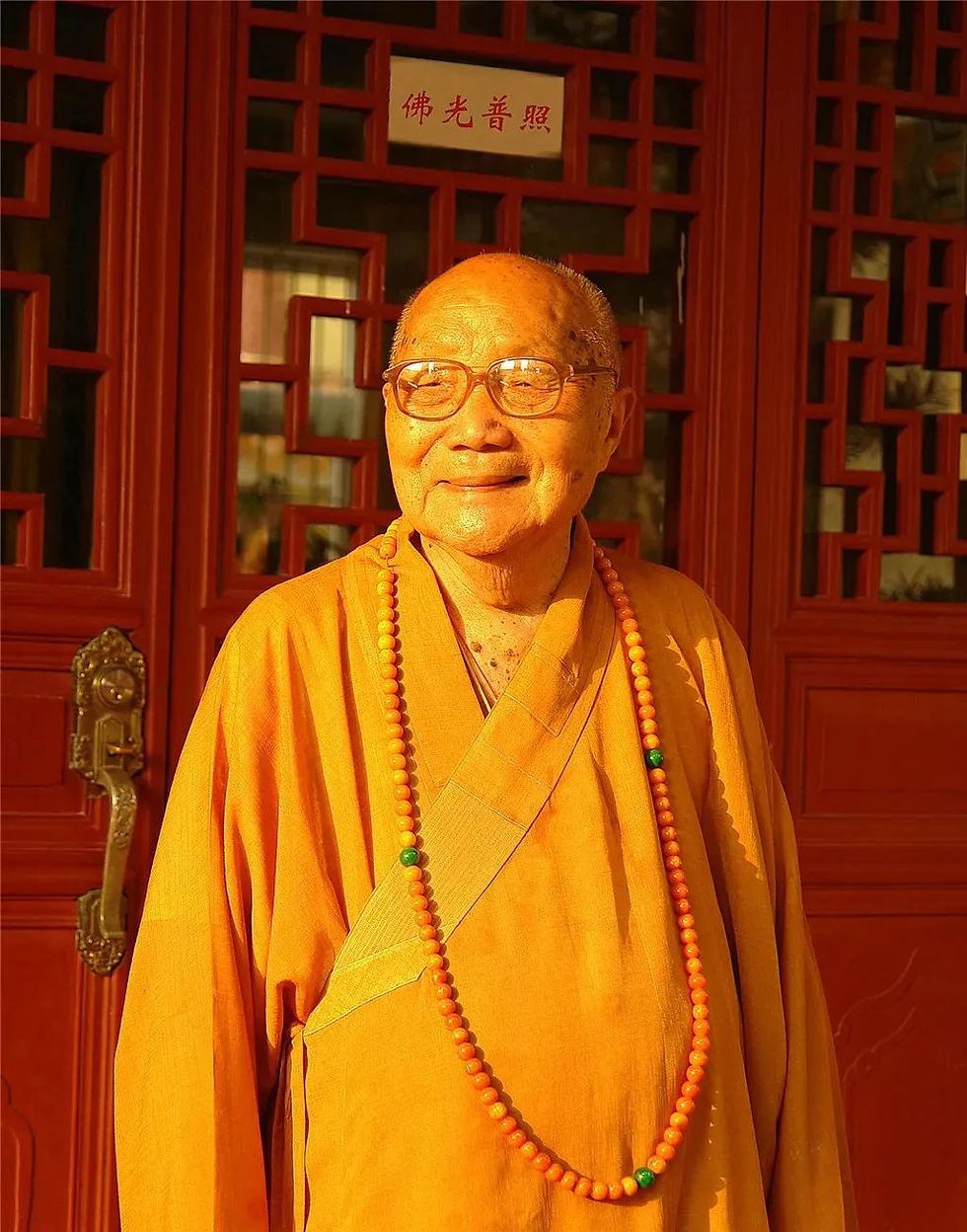
In 1937, 30-year-old Elder Ben Huan started his pilgrimage from Linji Temple in Zhengding, Hebei, and paid homage to Mount Wutai in three steps. On the way, he had to eat and sleep in the open air, suffered from hunger, aching back and feet, and his knees were raw, but he still worshipped piously. After three months and more than 300 miles, he finally reached Mount Wutai.
After arriving at Mount Wutai, Elder Ben Huan spent another three months from Beitai to worship the five top of Mount Wutai. The five stations are all above an altitude of 2600 meters, spanning 120 kilometers from northeast to southwest. Elder Benhuan completed this difficult pilgrimage journey with firm belief and tenacious perseverance.
02
Using blood to scan the meridians, moving the sun and moon

When the elder lived in the Bishan Temple of Mount Wutai, he read Tibetan scriptures, meditated on Buddhism and Taoism, set off thousands of flame mouths, and formed numerous legacies. During this period, Elder Benhuan used scissors to cut his fingers, needles to pierce the base of his tongue, and used blood as ink to write 600 words a day. He spent more than six months copying 19 volumes of blood sutras, including the "Lengyan Sutra," "Ksitigarbha Sutra," "Diamond Sutra," "Manjusri Shili Dharma King Sutra," and "Samantabhadra Vows." A total of more than 200000 words were written. Most of the blood sutras were lost during the chaotic times, and only one "Samantabhadra Vows" remains today.
Elder Ben Huan mentioned in the preface of his blood based scripture writing: "For the sake of the Dharma, I hope that all sentient beings will be free from suffering and not seek comfort for themselves... I have shown a heart of timely sacrifice, pricked with the blood of blood, and not ashamed of my impurities. I have written Mahayana scriptures such as the 'Prayers of Samantabhadra' to repay the kindness of Buddha, sentient beings, and all the nurturing of parents from the beginning to the present, and to eliminate the sins of the Five Evils and Ten Evils from the beginning to the present.
03
Carrying the tower and protecting the treasure with great power and immeasurable achievements
Apart from pilgrimage to Wutai and blood book copying, Elder Benhuan is most praised by his fellow disciples for his practice of "carrying the pagoda". When making a pilgrimage to Mount Wutai, many people will see a "Huayan Golden Character Sutra Tower" in Xiantong Temple. The tower is 5.1 meters long and 1.7 meters wide. It was written by Xu Dexin, a disciple of the Three Treasures of the Ming Dynasty, for 16 years. The tower is framed with white and yellow silk. The content is the full text of the "Huayan Sutra of Dafang Guangfo", which is 80 volumes in total and 630000 43 words.
In 1947, the pagoda was stored in Bishan Temple. At that time, the elders were practicing in Beitai. They heard that someone had rushed into Bishan Temple and was worried that the pagoda would be damaged, so they ordered someone to secretly recite the pagoda.
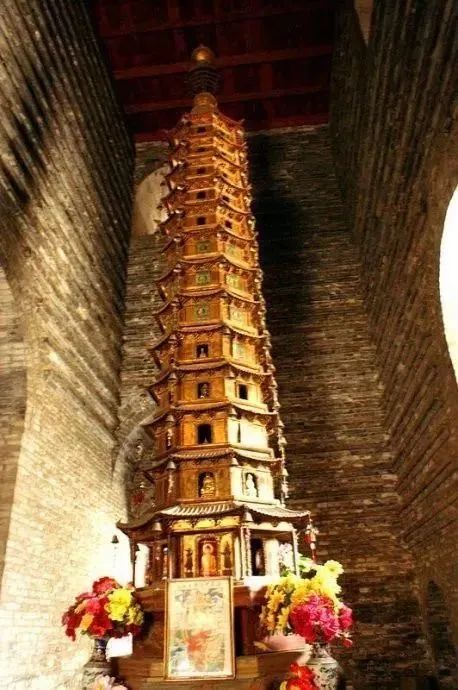
Elder Benhuan, upon seeing the scripture pagoda, tears welled up in his eyes and he made a vow: to live and die together with the golden scripture pagoda. In order to avoid the destruction of this tower, the master carried the tower on his back and began a long-term wandering practice. From Mount Wutai to Sanyin County, I traveled many places to the Amitabha Hall in Xizhimen, Beijing. I met Master Vacuum, who praised Master Ben Huan: "At present, the war is in turmoil. You are a sincere Buddhist heart to take risks to protect Buddha's treasures. Your spirit of Dharma protection is invaluable, and you are worthy of being a Buddhist disciple. You are really great."
Elder Benhuan discussed with the monk and planned to protect the pagoda and store it at Puji Temple in Shanghai. He then took a boat from Tianjin to Zhanshan Temple in Qingdao. When the abbot of Zhanshan Temple saw Elder Benhuan alone, he sent twenty monks to escort the Buddhist treasure to Puji Temple in Shanghai. Shouye and Fadu from Puji Temple in Shanghai are fellow disciples of the master. As soon as they saw the Buddhist treasure, they exclaimed, "Benhuan, my good brother, you have endured hardships. You have protected this priceless treasure for the Buddhist sect and made great contributions
To this day, the golden pagoda of Huayan Sutra is still listed in the Xiantong Temple of Mount Wutai in good condition. Its color is still new, and the golden light is dazzling. The elder's contribution is indispensable!
04
Burning arms, filial piety to mother, pure and utmost filial piety

In the third lunar month of 1948, Elder Benhuan was still practicing at Puji Temple in Shanghai. For many years, he has been thinking about his elderly and frail mother. One day, I suddenly received a letter from my elder brother, saying, "My mother is seriously ill and I often miss you. I hope to return to her side to see you and find comfort. Holding the letter in hand, the old man was anxious and immediately set off for his hometown, arriving at Cangzi Port and placing an order at Bao'en Temple. Afterwards, for a period of five months, before dawn, Elder Benhuan would wake up and meditate. After breakfast, he would hike fifteen miles and return home to serve his mother, bringing tea, water, medicine, and food with great care. In the evening, he returned to Bao'en Temple and lit his flame every day to help his mother ward off disasters and prolong her life. At the same time, he delved deep into the scripture collection and continued to perform his meritorious deeds. He is a son of man who respects his mother with utmost filial piety, and also a strict and cautious mage.
In September, on the eve of his mother's visit, Elder Benhuan filled vegetable oil in his two shoulder sockets, lit a lamp, knelt on his knees in front of his mother's bed, and performed filial piety to bid farewell. The oil in the shoulder socket burns dry and is added repeatedly, causing the surrounding muscles to sizzle and blood bubbles to form repeatedly. But he didn't cry out in pain, he devoted himself to chanting Buddha, to his mother, and to repentance, until the next day when his mother left the world.
Then Elder Benhuan invited monks and nuns to spend seven days in the elder mother's spiritual hall, reciting the "Ksitigarbha Bodhisattva Sutra" day and night, and observing filial piety for seventy-nine days. Before the funeral, Elder Benhuan repeatedly recited his vow: "Rest in peace, mother. As a Buddhist, Benhuan, I will uphold the teachings of the Buddha, report the Four Graces, and embark on the Three Paths of Charity. I will never forget the great kindness of my parents in nurturing me, repair the Eight Righteousness Path, forever promote Buddhism, and build a bright Buddhist land
In March 2008, Elder Ben Huan was interviewed by the media. When it comes to this past event, the reporter asked, "Back then, you chose the way of burning arms to show filial piety to your mother when she passed away. What is burning arms to show filial piety to your mother
Elder Benhuan rolled up his sleeve and revealed a large scar on his forearm. He smiled and said, "It's on this colored shell (body), where this scar is located... This colored shell was born and raised by my parents, and lighting it up for the Buddha is to repay my mother's nurturing kindness
05
Jiefa was wrongfully imprisoned for Zumeng

In July 1948, Elder Xu Yun, a legendary monk in modern China, expressed his gratitude for his wisdom and virtue and invited him to Nanhua Temple in Shaoguan, Guangdong Province. Nanhua Temple is a place where the sixth ancestor Huineng promoted the "Southern Zen Buddhism", and later formed the five schools of Linji, Caodong, Yunmen, Fayan, and Luoyang, hence the name "Ancestral Court". Elder Xu Yun has been preaching and preaching here for many years. At the time, he was already 110 years old. The Zen master, with his profound Buddhist teachings and unique insight, highly valued the elder and passed on his teachings, accepting him as his beloved disciple.
On the eighth day of the first lunar month in 1949, Elder Benhuan, who was 42 years old, respected his teacher Ciming and officially succeeded as the abbot of Nanhua Temple, becoming the 44th generation successor of the Linji sect of Zen Buddhism in China. The Dharma name has also been changed from the original "Benhuan" by Master Xuyun to the current "Benhuan", which means "the original self nature is always pure, and the radiance shines on all sentient beings". Master Xuyun has high hopes for Elder Benhuan to promote the prosperity of Buddhism.
In 1958, while the elder was enthroned in Nanhua and devoted to spreading the Dharma, he was unfortunately wrongfully imprisoned. During the legal difficulties, the elder was wrongfully imprisoned for 15 years and later worked in a labor camp for 22 years. Mixing with light, facing it calmly, working hard, and honing one's moral character. Daytime labor, focus on your own thoughts; Sitting in meditation at night, never slack off.
After the 1980s, the elders returned to Buddhism, preaching scriptures during the day and sitting in meditation at night. They worked tirelessly throughout the year to revitalize Zen Buddhism, revive ancestral homes, promote Dharma teachings, and benefit the people.
06
Rebuilding the Ancestral Family and Compassionately Benefiting the Masses

After being released from prison, although the elder was of advanced age, he still harbored the suffering of the people and remembered the vow of "not seeking comfort for oneself, but hoping that all sentient beings will be free from suffering". At the age of over 100, he still insisted on waking up at 3:10 every day and recited dozens of volumes of the "Prayers of the Wise" without slackening. Every day, we receive thousands of people, make connections with them, and never tire of it. There are over two million monks and lay disciples at home and abroad.

Elder Benhuan devoted his life to promoting Buddhism, building temples everywhere, and restoring the ancestral home of Zen Buddhism. In 1984, Hongfa Temple was established in Shenzhen; In 1986, Guangxiao Temple was restored and rebuilt; Reconstruction of Baoen Temple in Wuhan, Hubei in 1989; In 1995, the Zhengjue Zen Temple, the ancestral home of the fourth patriarch of Zen Buddhism, was rebuilt; Reconstruction of Nanxiong Liankai Temple in 1996; Now, the Baizhang Zen Temple has been rebuilt on Baizhang Mountain.
The temple and dojo that he rebuilt and restored are of unprecedented scale and glory. He provided numerous monks with a place to practice and spread the Dharma; He provided more places for believers to worship and pay homage to Buddha; He donated billions of dollars for the construction of temples, schools, roads, disaster relief, disability assistance, and more... Some say he is truly a human bodhisattva!
07
Anticipate until the moon is white and the wind is clear
After the Spring Festival in 2012, I said to those around me six times: Amitabha Buddha wants to see me.
During the period, he instructed his disciples, "Life and death are just matters of thought. We need everyone to learn to let go, see the true nature of life and death as illusions, and find a path that is neither born nor died, and has no origin or destination
At 12:36 am on April 2, 2012, on the 12th day of the third lunar month, Elder Benhuan passed away at Hongfa Temple in Shenzhen. He was 106 years old and had been ordained for the summer of 84 years. After Elder Tupi opened the kiln, the iron railing melted, but his entire body remained intact, consisting of relics. Many temples in Thailand, Cambodia, Australia, Laos and other countries have built pagoda temples, respectfully inviting the permanent enshrinement of the relics of the Lao Emperor.
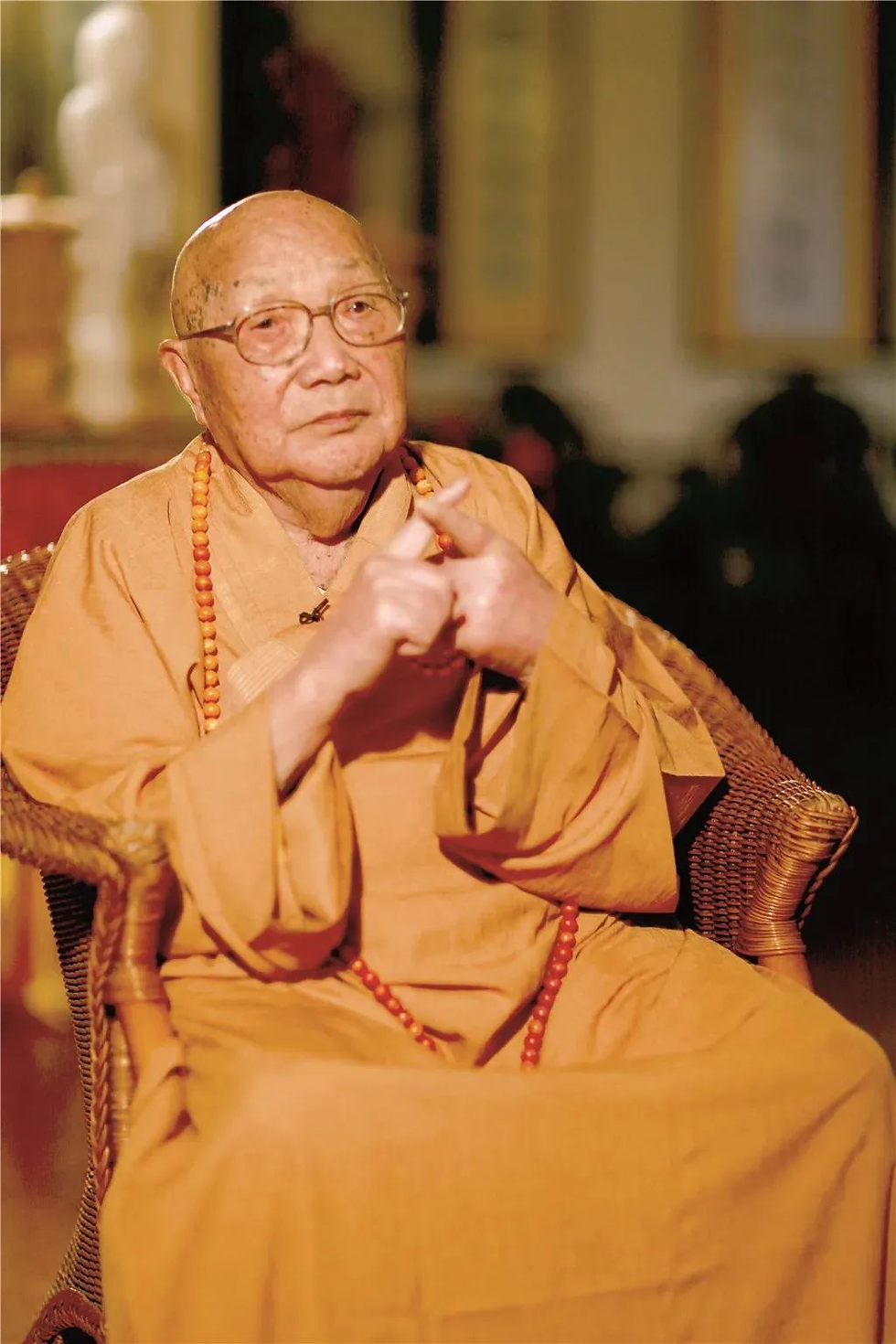
Seize the opportunity, let go of fate, focus on learning, and give back to the public. "This was written by the elder before his passing, foreseeing the end of time and calmly facing the last moments. After emptying his heart, his heart was clear and bright.
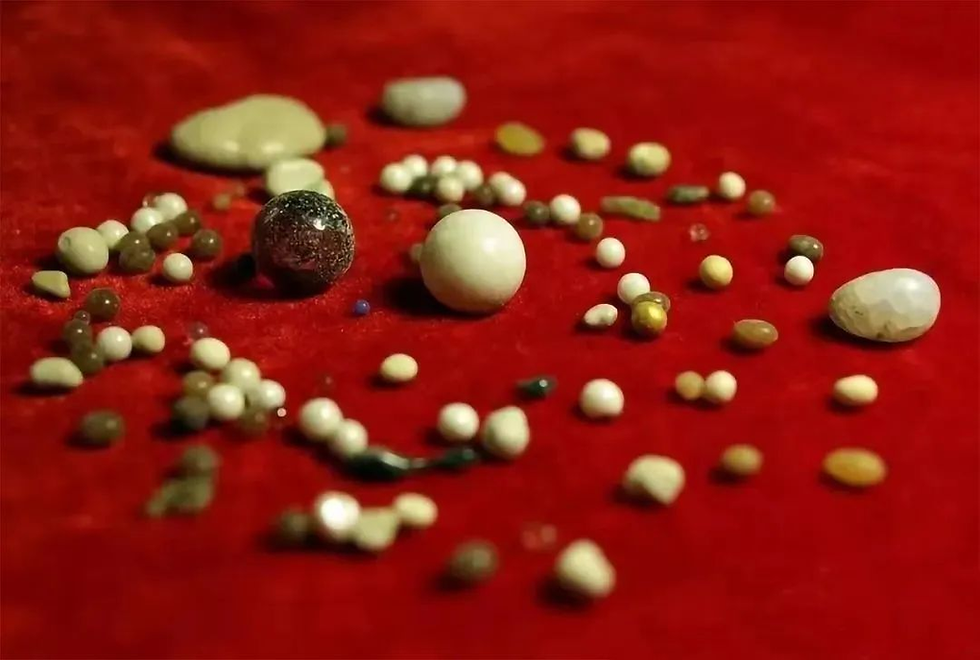
No matter how the world changes, no matter how difficult life may be, Elder Ben Huan will not change his faith and uphold Buddhism. How can this devout heart not be respected.
'Do not seek comfort for yourself, may all sentient beings be free from suffering' is not just a slogan, but his lifelong practice of cultivation. His unwavering perseverance is reflected here.
It is precisely because he feels the difficulty of 'doing' that he talks about 'doing' in many occasions. To cultivate and practice, one must not only cultivate wisdom, but also earnestly practice, practice, practice, practice. "Elder Benhuan spent his entire life in" practice, "which may be what he admired as a person.
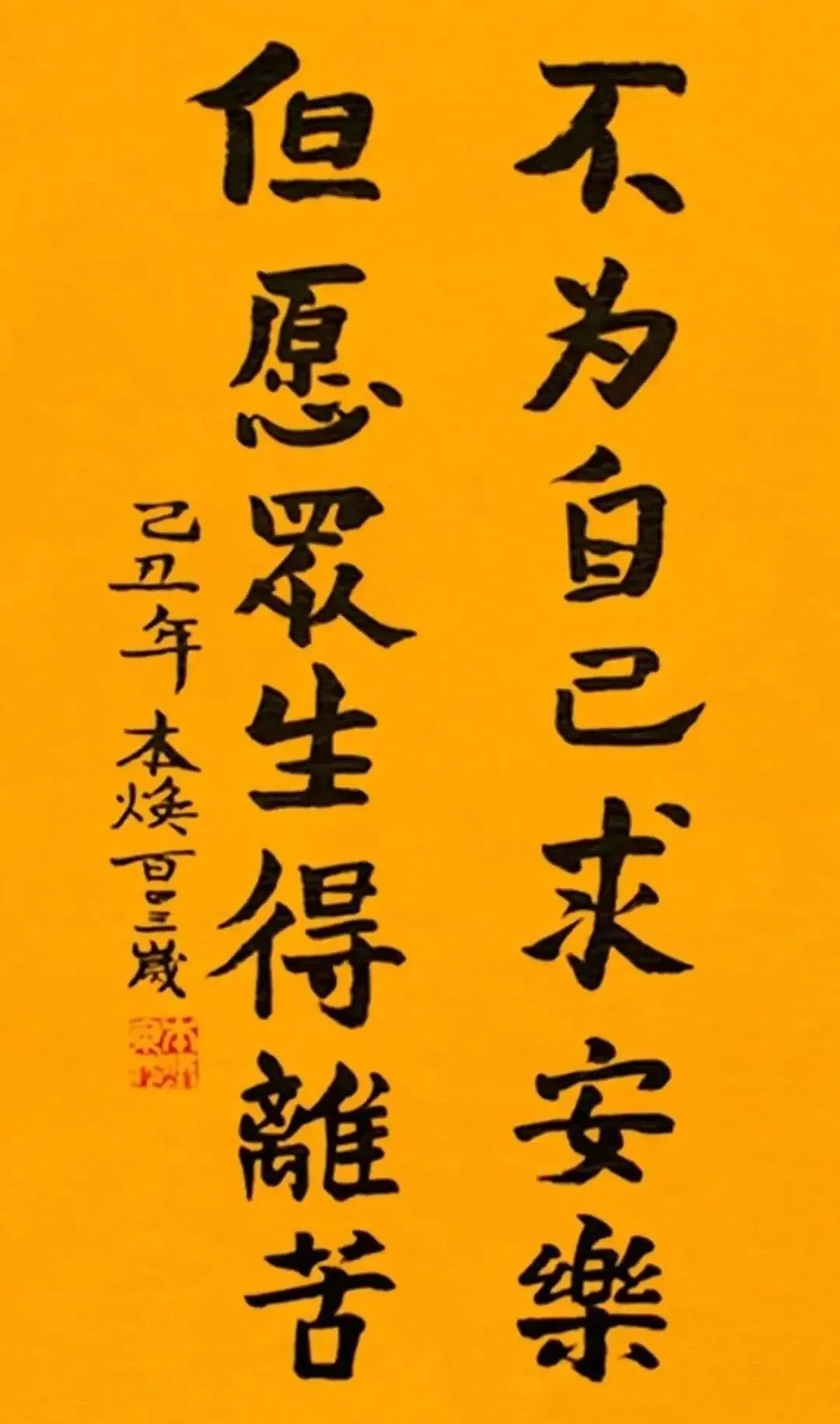




Comments